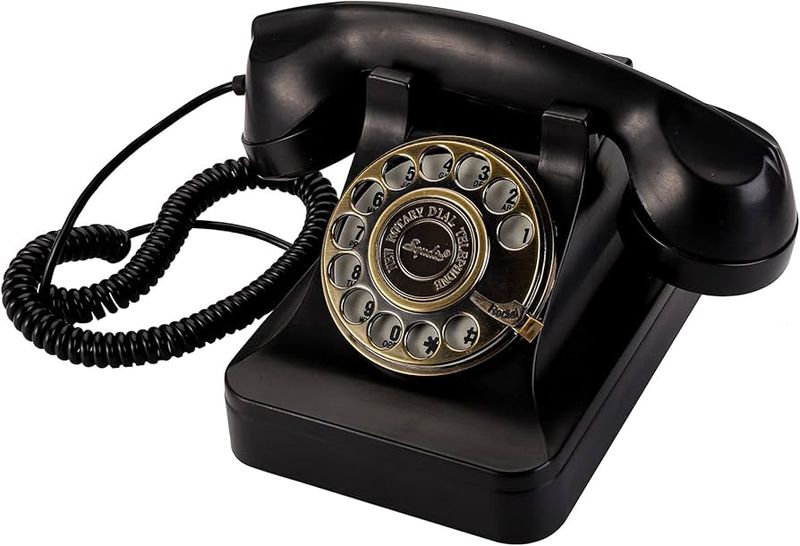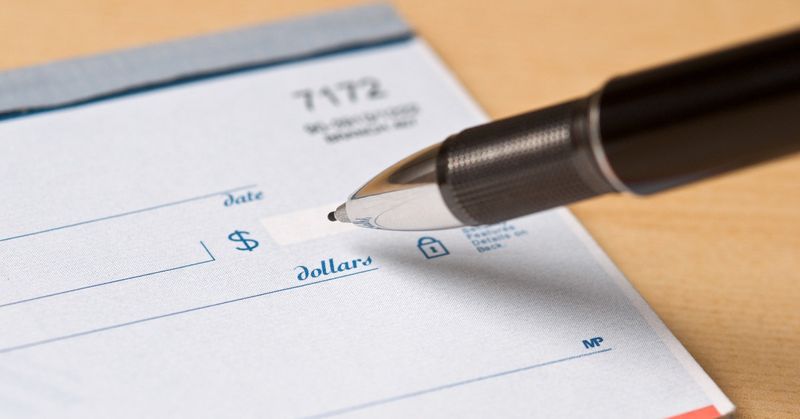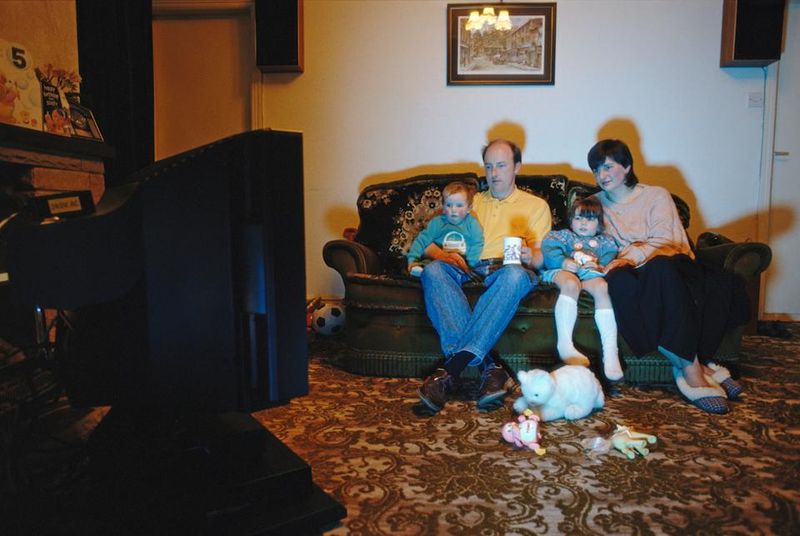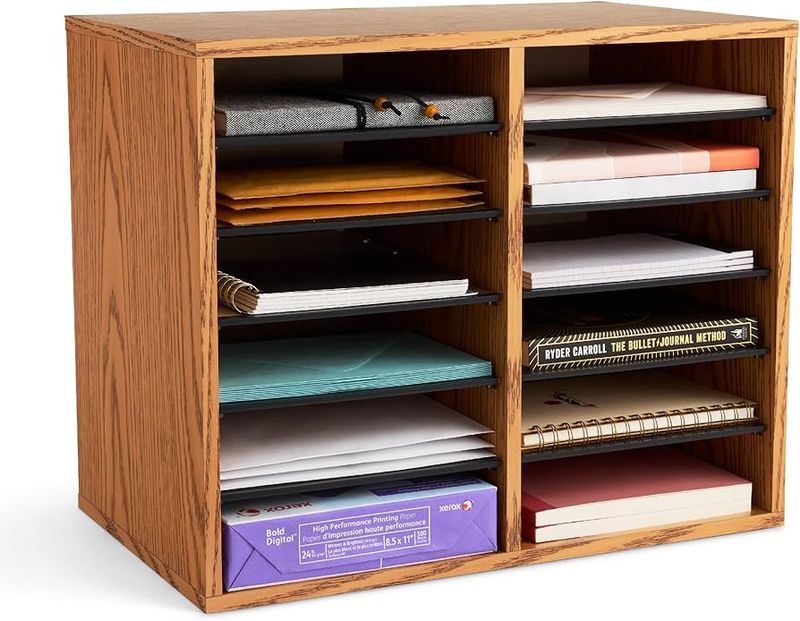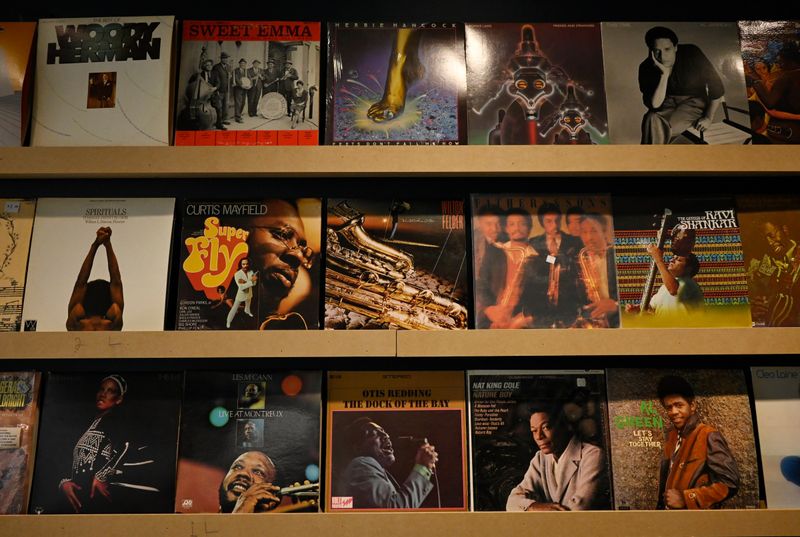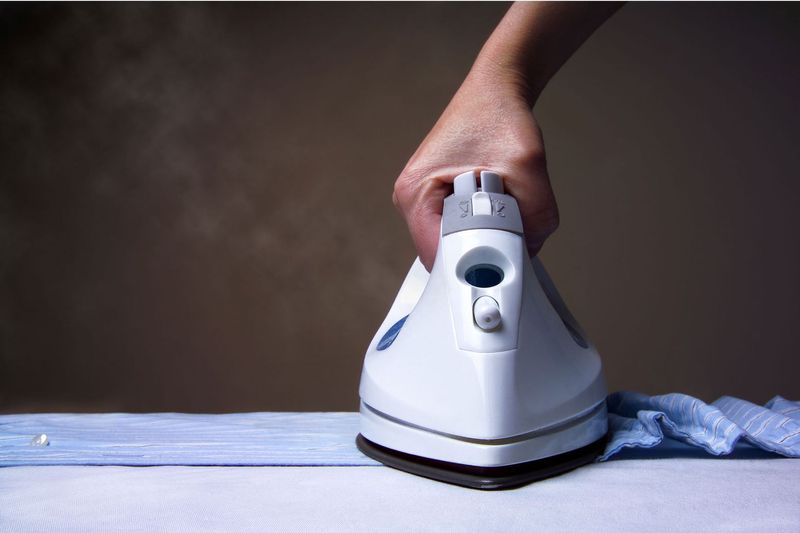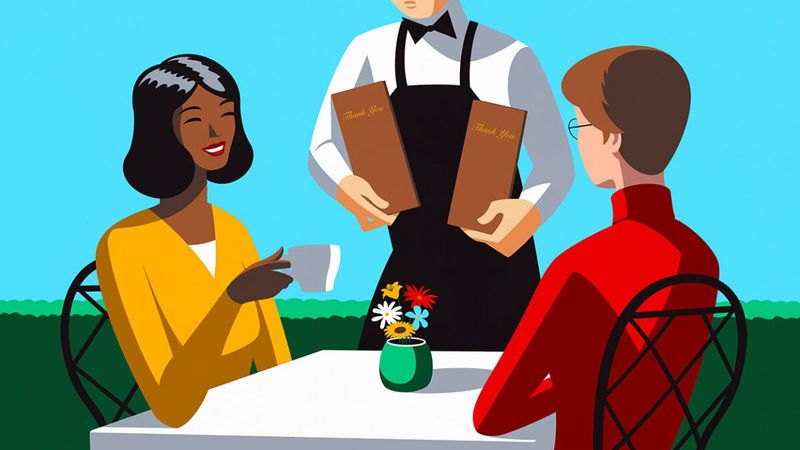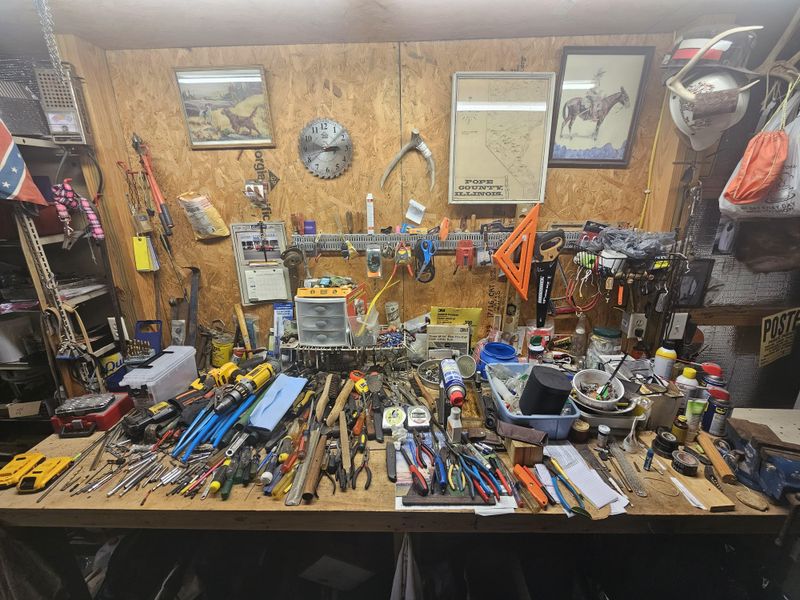Ever felt like you’re living in a split-screen world with your parents or older relatives? One side’s in black and white, the other’s in 4K.
The gap isn’t just about technology or slang—it’s about the daily habits that shaped entire lives. Some of those rituals make us shake our heads, laugh, or just wonder how anyone ever thought they made sense.
Here’s a brutally honest look at 16 classic Boomer habits, seen through the eyes of someone who grew up texting instead of calling, streaming instead of scheduling, and rolling their eyes every time someone brings out a checkbook.
No judgment—just real talk, and maybe a few surprises along the way. Ready for a little generational whiplash?
1. Face-to-Face Conversations (Always)
My mom insisted there was magic in eye contact. She believed every real conversation needed a table, two mugs, and a slow, careful exchange of words. To her, texting felt hollow, like a fast-food version of something meant to be savored.
Sometimes I watched her linger in the grocery store aisle, striking up long chats with acquaintances. She’d leave glowing, while I stood there, silently begging for that awkward moment to end. The world got faster, but she held her ground—connection over convenience, every time.
If you ever wondered why older folks seem to stubbornly resist group texts, now you know. For them, sharing space was a kind of loyalty. But if I’m honest, I sometimes miss that slowness, even if it drove me nuts. Maybe there’s something we lost when we traded presence for efficiency.
2. Landline Loyalty
The sound of a ringing landline, sharp and unmistakable—sometimes I still hear it in my dreams. Boomers treated their home phone like a lifeline. The number never changed, even if everything else did.
My generation wonders why anyone would willingly tether themselves to a kitchen wall. Yet, for Boomers, the landline wasn’t just technology—it was a symbol. Home, roots, and a world that didn’t change with every software update.
Now, the idea of sharing a phone with your whole family feels like a sitcom plot. But it also meant you couldn’t hide from tough conversations. Maybe that’s why so many Boomers still cling to those old numbers, even if no one really calls anymore.
3. Paper Maps Over GPS
I found a road atlas in my dad’s glovebox once—a real relic. He could spread that map across the dashboard and plot a cross-country drive, no signal required. If you got lost, you pulled over and worked it out together, tracing your finger along faded highways.
Younger folks find this baffling. Why argue with a paper map when Google can reroute you in seconds? Yet there’s something oddly romantic about it, like solving a puzzle built for patience. Long silences, the gentle crinkle of paper, the suspense of not knowing if you’d actually make it to the hotel by dark.
Boomers didn’t trust a machine to get them home. And when they finally asked for directions? That was a last resort—never Plan A. It’s hard to believe, but sometimes, getting a little lost was half the adventure.
4. Writing Checks for Everything
At the grocery store, someone pulls out a checkbook. Everyone under 40 sighs (sometimes audibly). Boomers, though, grew up believing a check was the safest, most adult way to pay.
I watched my grandmother balance her checkbook every Sunday night—numbers lined up, every cent accounted for. She trusted pen and paper, not a screen full of shifting numbers. Her peace of mind depended on it.
To younger folks, checks seem like fossils. Between Venmo, tap-to-pay, and instant bank transfers, the very idea of mailing money feels almost ceremonial. But for Boomers, each check was a promise, a tiny contract between two people.
5. Scheduled TV Watching
Remember when people had to wait all week for their favorite show? Boomers didn’t just watch TV—they organized their evenings around it. Thursday nights meant must-see sitcoms, and nobody dared talk over the theme song.
These days, scrolling through streaming menus at midnight, the concept sounds wild. Missed an episode? You waited for a rerun or just hoped a friend recorded it on VHS. The ritual was half the fun: snacks, commercials, and that rare feeling of everyone, everywhere, tuned to the same thing.
For a generation raised on instant everything, the patience (and planning) it took to catch a show is almost heroic. But maybe that’s why those moments stuck. When you had to work for entertainment, you remembered it.
6. Paper Record Hoarding
Every closet in my parents’ house had a box labeled with years: taxes, warranties, handwritten letters. Boomers kept every document, just in case. If you needed the manual for a toaster bought in 1984, odds were they had it.
Digital files feel weightless. Searchable. But my dad trusted paper—he could hold it, see it, underline what mattered. Shredding old records felt like erasing proof that life happened the way he remembered.
To us, it looks like clutter. But to Boomers, archives are anchors. They don’t trust a cloud they can’t see or a password they might forget.
7. Traditional Gender Roles
“Your father doesn’t do dishes.” My mom said it like it was a law of nature. For Boomers, many household roles were divided by gender—dad mowed the lawn, mom managed the house. No one questioned it, at least not out loud.
Younger generations cringe at the idea. We grew up expecting equality, splitting chores, and seeing partnership as a team sport. Watching old rules still play out now feels bizarre, at times even heartbreaking.
But for many Boomers, those habits run deep—learned from their parents and reinforced everywhere. Even as the world changed, some clung to tradition, even if it cost them joy or connection. It’s messy, but real.
8. Physical Media Collections
My uncle’s record shelf took up a whole wall. He’d spend hours picking out just the right album, carefully sliding the vinyl from its sleeve. To him, music wasn’t just sound—it was a ritual, a tangible experience.
Today, playlists and invisible files fill our ears. But Boomers built libraries you could see and touch. Each tape or DVD was a memory, a piece of their story. To throw them out felt like erasing history.
Younger folks don’t always get it. Why keep stacks of CDs when Spotify streams anything? For Boomers, it’s more than nostalgia. It’s proof you were there—one record at a time.
9. Cable TV Commitment
There’s a reason cable companies still exist—Boomers never quit them. No matter how many streaming trials come and go, the cable bill stays put. It’s not just inertia; it’s comfort, reliability, the sense that news and favorites will always be waiting.
I remember arguing about the monthly cost, but my parents insisted cable was non-negotiable. Flipping through channels became a nightly ritual long after younger folks stopped caring what’s “on.”
Streaming feels overwhelming from time to time, endless choices with no guide. For Boomers, cable is familiar ground, a curated universe where someone else already picked the best. They just click, sit back, and let it roll.
10. Formal Communication Style
Every email from my dad started with “Dear” and ended with “Sincerely.” Texts were rare, always punctuated, and never used emojis. Boomers love the safety of formality; it’s how they learned to show respect.
Younger generations crave brevity and warmth—hey, hi, catch you later. Formality feels stiff, like you’re applying for a job instead of saying hi. But for Boomers, casual meant careless, and words had weight.
Even now, my mom double-checks grammar before hitting send. It’s not about being old-fashioned; it’s about wanting to be understood. Maybe if we all slowed down a little, we’d get why that mattered.
11. Ironing Everything
The hiss of steam, the sharp corners of a perfectly pressed shirt—they ironed everything, even t-shirts. Wrinkles were the enemy, and a crisp crease meant you cared about yourself and the world’s opinion.
To Boomers, showing up rumpled was a sign you’d given up. My generation preferred “clean enough,” reserving irons for job interviews (maybe). The time spent smoothing every fold feels like another era’s version of self-respect.
On occasion, I catch myself smoothing a shirt and wonder whose standards I’m honoring. Maybe we lost something when we stopped caring so much about looking pressed. Or maybe, just maybe, we gained a little freedom.
12. Refusing To Split Bills
Boomers see paying as a sign of generosity, even pride. Splitting the bill? That felt transactional, almost impolite.
Friends still joke about how awkward it gets when someone tries to Venmo their share at a family dinner. But for Boomers, picking up the tab was about relationships, not math. It said, “I’ve got you.”
Younger generations, saddled with tighter budgets, crave fairness and clear boundaries. But I have to respect the old-school confidence of just handling it—no calculators, no apps, just trust.
13. Aversion to Online Shopping
My mom still prefers catalogs over carts. She flips through pages, circling holiday ideas, and calls in orders instead of clicking. Shopping online, to her, is risky—too many scams, too impersonal.
Younger folks laugh at the idea of mailing checks to a P.O. box, but for Boomers, that was standard. The physical act—writing, mailing, waiting—felt safer, more trustworthy.
She’ll only buy online if I’m there to walk her through every step. Even then, she triple-checks every screen. The digital world moves fast. They just want to make sure their money—and their trust—won’t vanish into the void.
14. Hesitation With Public Displays of Affection
Growing up, I never saw my parents kiss in public. They’d hold hands sometimes, but only when no one was looking. Boomers learned to keep affection private; modesty was a virtue.
Younger generations hug, kiss, and post it all online. For Boomers, that openness feels foreign, maybe even a little embarrassing. Love wasn’t performance art—it was quiet, consistent, and behind closed doors.
Even now, my dad will squeeze my mom’s hand when he thinks no one’s watching. It’s gentle, understated love. Maybe we could all use a little more of that, even if we express it louder.
15. Fixing Things Instead of Replacing
My grandpa could fix anything with duct tape and determination. Boomers didn’t throw things away—they patched, tinkered, and kept things running long past their expiration dates.
The idea of tossing a broken blender would horrify them. Each repair was a tiny stand against waste, proof that skill mattered over convenience. We grew up with YouTube tutorials, but they learned by trial and error, saving money the hard way.
Sometimes, the old way is slower. But watching someone refuse to give up on a leaky faucet or squeaky hinge is a kind of stubborn hope.
16. Clipping Coupons Religiously
Sundays meant scissors, coupons, and coffee. My mom could save a small fortune with nothing but patience and a sharp eye. She taught me to read every flyer and never pay full price if you could help it.
We chase deals with apps now, but Boomers clipped and sorted. Each coupon was a little thrill—a sense that you’d outsmarted the system. It wasn’t just about saving money; it was about feeling clever and prepared.
Watching her tally up savings at the checkout was oddly satisfying. I still carry her lessons, even if my coupons live in my phone. Some habits just stick, no matter how much the world changes.



